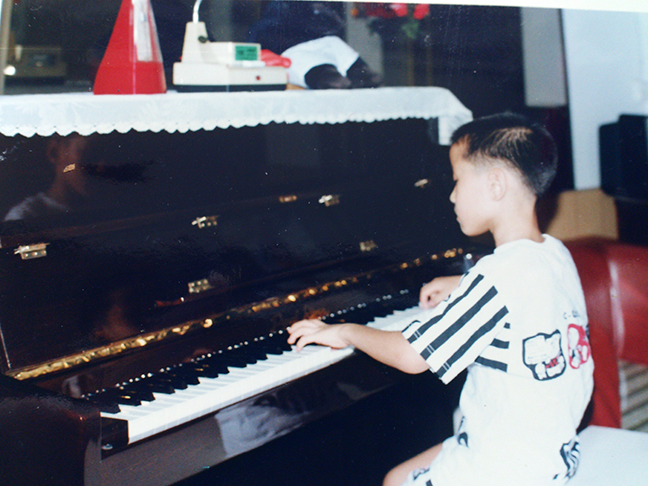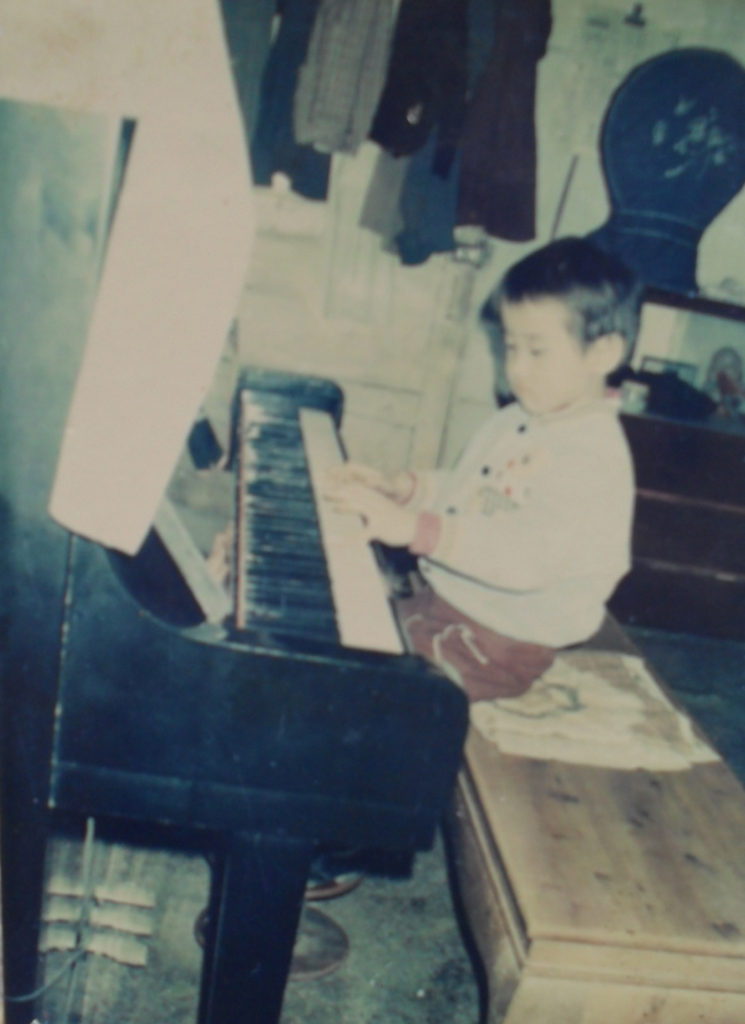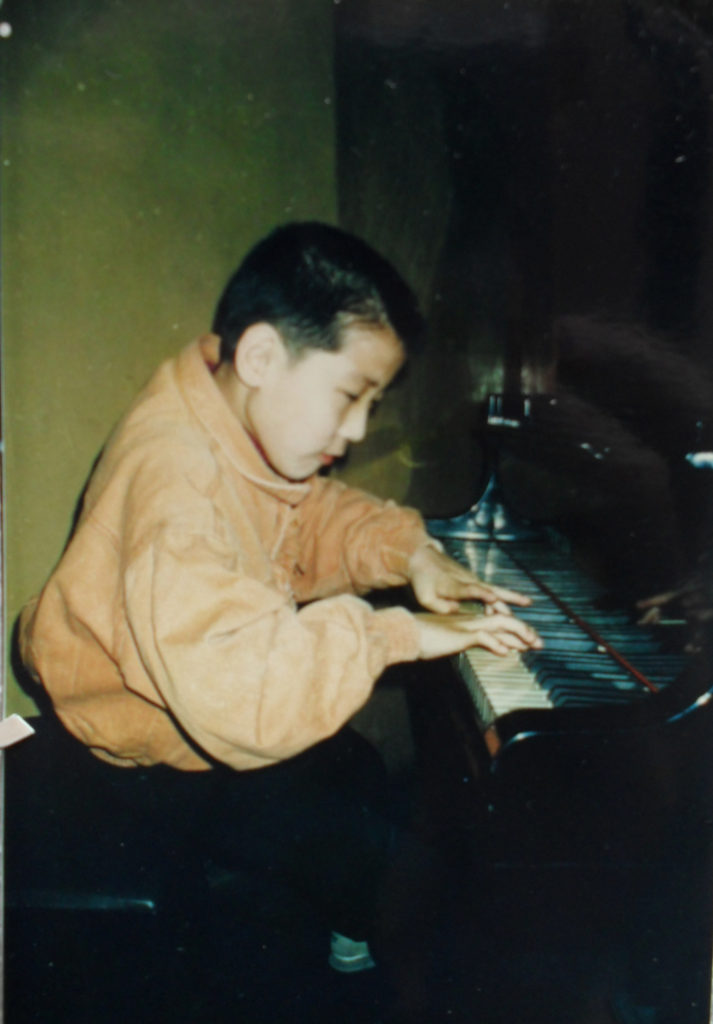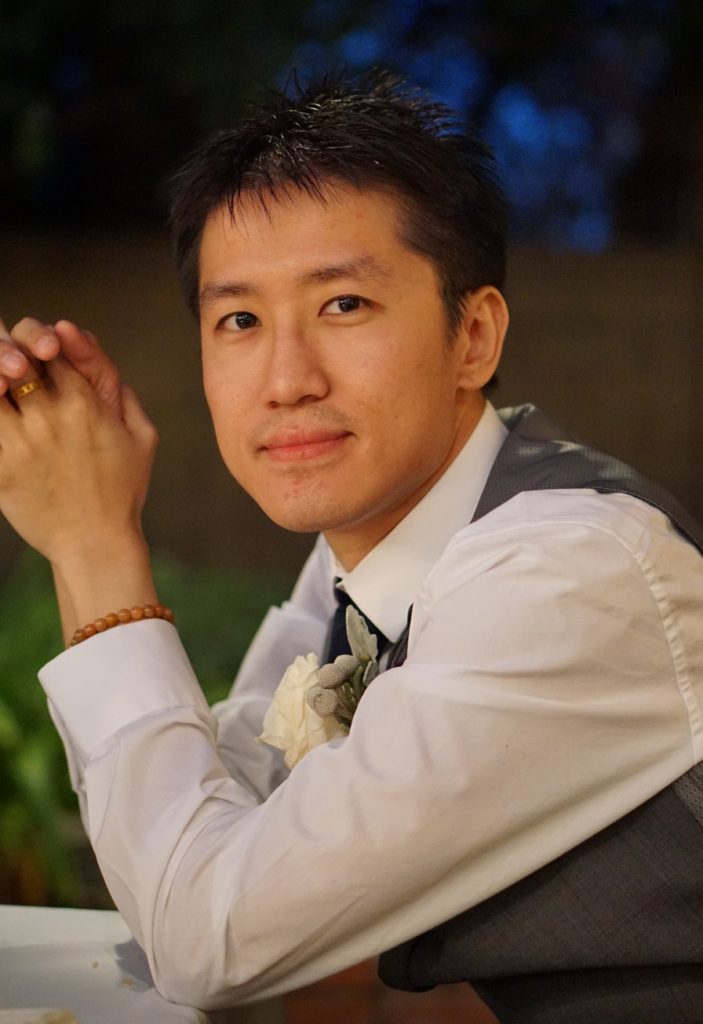Writer Joseph J. Airdo
Photography Courtesy of the Scottsdale Philharmonic and Qingqing Ye
[dropcap]B[/dropcap]eautiful music is rarely born out of ease and convenience. Like any art, it takes time, energy, commitment—and oftentimes, a great deal of struggle.
Pianist Qingqing Ye is well aware of that struggle, having grown up in Chongqing, a mega-industrial city in China with a population of more than 20 million people, low income rates and no professional music conservatory for miles around. Despite the odds, Ye is currently living a dream that both he and his parents had for him.
At only 34 years old, Ye has earned an impressive number of piano concerto awards, including the National Scholarship by the Yamaha Music Foundation of China, first prize in the Lima Young Artists Competition in Ohio, first prize in the concerto competition at the Masterworks International Music Festival in Indiana and the audience award at Bowling Green State University.
The internationally-acclaimed musician, who teaches piano at South Mountain Community College, is also an artist-in-residence with the Scottsdale Philharmonic, a non-profit orchestra that aspires to deliver free classical concerts to the community.
Scaling Cultural Obstacles
Ye began his piano training at age 5 at the encouragement of his father.
“In China, you can only have one child,” Ye explains. “A child is your life. We, as children, have to handle a lot of pressure from the expectations of our parents who want us to have a better life and change the family tree.”
Ye rarely had many choices when he was young, as his parents often decided things for him. He notes that the experience of a child growing up in China is drastically different than that of a child growing up in America, where options and possibilities are unlimited. However, there was at least one choice that his parents made with which he wholeheartedly agreed.
“Fortunately, they wanted me to become what I wanted to become—a pianist,” Ye says. “So I didn’t reject this idea but it was still pretty hard to keep going. I’m lucky that I can keep going and have my life and my career here in America.”
Ye and his family had to make many sacrifices in order to secure his music education. After collecting enough donations from friends and family members to purchase an $800 piano—which, Ye notes, was about 20 times his parents’ monthly income—his family had to find a music teacher in a city that did not have much music.
At age 9, Ye began attending weekly piano lessons under renowned professor Huango Yan in Chengdu, about 500 miles outside of his home city of Chongqing.
“That’s a pretty tough experience for a kid and especially for my parents,” Ye adds. “My dad had to take me to the piano lessons so he’s the one who sacrificed the most. He is my guidance. This was the most unforgettable experience of my musical development.”
Ye continued his education in China at a middle school associated with the Sichuan Conservatory of Music while applying to universities in America. He had received full scholarships in 2003 but was unable to accept them as his U.S. visa had initially been rejected—which Ye notes is not uncommon.
In 2004, he applied again, received his visa and began attending Bowling Green University in Ohio where he eventually earned his bachelor’s degree in piano performance. During that time, Ye attended a summer camp at which he met Arizona State University professor Walter Cosand. The two hit it off, and Cosand invited him to study under him for his master’s degree.
Ye chose to complete his master’s degree at Northwestern University in Chicago instead, but kept in touch with Cosand, and eventually did his doctoral studies under the professor at ASU. He liked Arizona’s warm weather and decided to make it his home—a decision he made for himself and does not regret whatsoever.
Solidifying a Future in the States
Since 2013, the pianist has performed numerous concertos with the Scottsdale Philharmonic. In addition to presenting several free classical concerts in the Valley each year, the non-profit organization gives music scholarships to underprivileged youth through Rosie’s House and is developing an annual children’s concert as well as a youth orchestra.
“With each performance, Qingqing receives an enthusiastic standing ovation which always calls for an encore,” says Joy Partridge, president and co-founder of the Scottsdale Philharmonic. “The orchestra received over 900 letters from the audience, requesting that he be allowed to become a permanent member of the group.”
The Scottsdale Philharmonic listened to its audience and took Ye in as an artist-in-residence, securing his future performing with the orchestra. He now plays with the group anytime it needs a pianist and even has a featured solo scheduled for one of its concerts this fall.
“I was a touched,” Ye says. “I receive tremendous support from the patrons and the musicians in our orchestra. This is an honor. I am really grateful for all of their support. We are like a family. Everybody works together and contributes their wisdom to keep the organization going.”
Ye acknowledges that without the support of the Scottsdale Philharmonic, his future in the U.S. may not be so certain. That is because of the complicated and confusing process to obtain and keep visas, which expire after a length of time that depends on the specific type. Musicians receive somewhat of a break that speeds up the process of obtaining a green card but a very high level of accomplishment is required—accomplishment that Ye receives through the Scottsdale Philharmonic.
“We are proud to have Qingqing perform with us,” Patridge says. “We support his work to obtain a permanent work visa on the basis of his talent. He then wants to become a U.S. citizen as soon as he can, and plans to marry in the future.”
U.S. citizenship is especially important to Ye because he believes America is the best country for musicians.
“You can perform the best music and also have your own space,” Ye explains. “You have enough room to work on yourself. In China, there are so many competitions and so many musicians trying to compete for just one spot. I have more room to breathe here in the states. The U.S. also has better facilities and more freedom in general for everything.”
That freedom has granted Ye a number of performance opportunities. He has performed at the Morningside Music Bridge International Music Festival in Canada, the Bowdoin International Music Festival in Maine and even during a live broadcast with the Lima Symphony.
Practicing for Performance Perfection
Ye aspires to one day become a full-time professor at a university but is content with his achievements thus far. He appreciates the opportunities to perform with the Scottsdale Philharmonic while also serving as an adjunct professor of piano at South Mountain Community College. He also plans to return to China on occasion for additional recitals and teachings.
He admits that a pianist’s lifestyle can be quite demanding, though. In addition to preparing lesson plans for and teaching his class and performing with the Scottsdale Philharmonic, Ye has to somehow find time to practice his piano skills so that he can remain one of the best players in his field.
“You have to practice whenever you can squeeze in some time,” says Ye, noting the piano has taught him persistence. “In order to remain at a very high level, a soloist needs to practice at least four hours per day.”
That persistence and practice enable Ye to perform his absolute best at the Scottsdale Philharmonic’s upcoming concerts on March 24 and May 19 at Scottsdale Bible Church. Ye is especially looking forward to the orchestra’s Oct. 13 concert, during which he will be performing Beethoven’s “Piano Concerto No. 5.” He hopes to one day play a piece by Mozart—his favorite composer.
Scottsdale Philharmonic Concert
Sunday, March 24 | 4 p.m. | Scottsdale Bible Church | 7601 E. Shea Blvd., Scottsdale | Free | 480-951-6077 | scottsdalephilharmonic.com










Comments by Admin